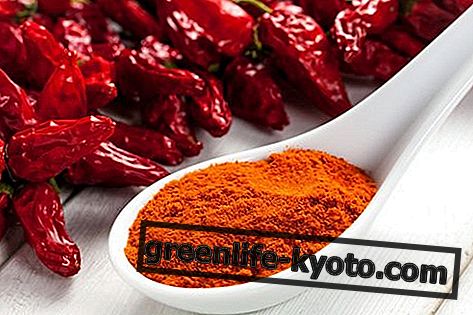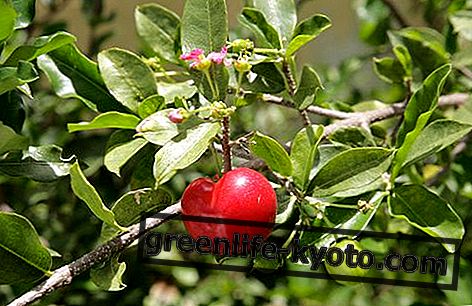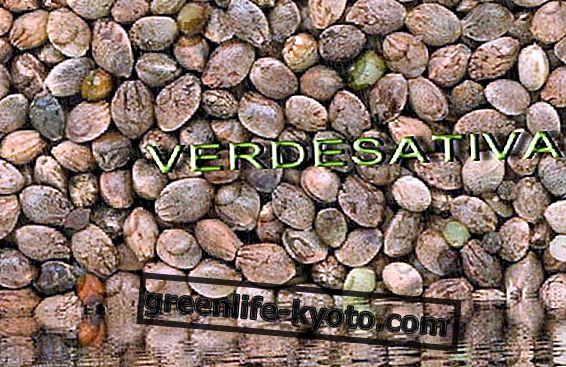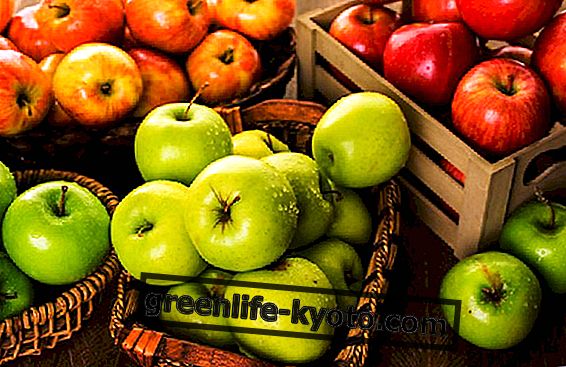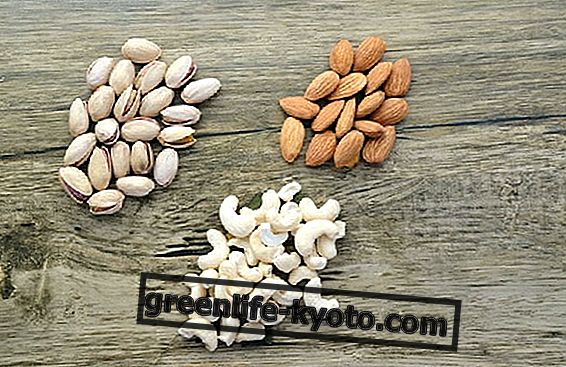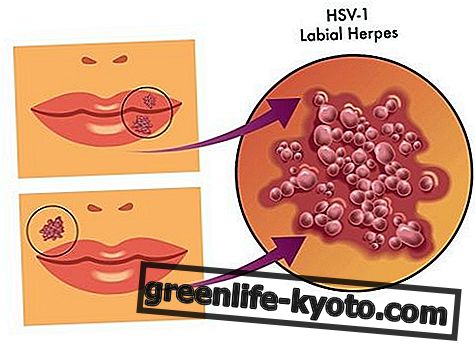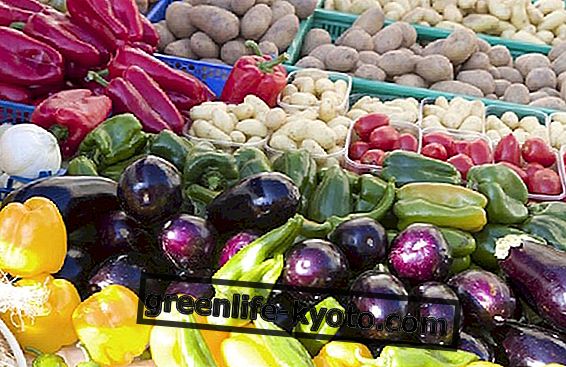
Smoking seriously damages your health. We have been told millions of times that nicotine is toxic, this is a fact. But how is it?
And what exactly is nicotine?
What is nicotine
Nicotine is above all an alkaloid, the type of toxic substance that living organisms, especially plants against herbivorous animals, produce to defend themselves.
An example list of alkaloids could include morphine (opiac drug), strychnine (famous rat poison), scopolamine (present in stramonium), solanine (typical of solanaceae), psilocybin (responsible for visions due to hallucinogenic mushrooms), mescaline (psychoactive substance contained in peyote and other cacti), ergotine (from which LSD is derived) but also serotonin, dopamine and dimethyltryptamine, also produced in animal organisms.
Nicotine has a relaxing and exciting effect at the same time, acting on blood pressure and mood through dopamine .
It creates a strong dependence, like all other drugs, and a consequent withdrawal crisis, which in milder cases manifests itself in short moments of daily restlessness.
It is known that nicotine is among the substances capable of causing cancer, a fact demonstrated by experiments both in vitro and in vivo.
Food nicotine is significantly different from that assumed by smoking tobacco, and should not necessarily be identified as an enemy: indeed, it could be an ally to combat abstinence ... why not eat more nicotine-containing foods instead of smoking?
What damage does the cigarette cause?
Which foods does nicotine contain?
Many people think that to avoid nicotine it is enough not to smoke and ignore the fact that this alkaloid is also present in some foods, in proportions to take into account if our body suffers contact with this substance.
First of all , nicotine is found in many solanaceae, especially in green tomatoes (plus the ripe fruit, less nicotine contains), which in addition to nicotine contain another similar alkaloid, called tomatina .
The same is true for potatoes, with nicotine and solanine even in the peel, especially in the presence of green sprouts.
Remaining in the family of solanaceae, it is undoubtedly to be registered the aubergine, which after tobacco is the second natural source of nicotine (10 kg of aubergines contain the same dose of nicotine as a cigarette).
A low dose of nicotine is also contained in peppers and chillies (the rule that nicotine is concentrated in less mature verdant specimens), and mostly in tea, whether black or green, is the same as for other solanaceae.
Negligible traces of nicotine are also found in cauliflower .
What foods fight nicotine?
Many foods instead manage to fight food nicotine and expel it from the body, or better, to help the natural processes of expelling nicotine toxins.
Paradoxically, in the aubergine described as the major food source of nicotine, we find nausine, a substance that is particularly effective in combating oxidative processes and more generally the effects of nicotine .
However we find in citrus fruits the best enemies of nicotine : vitamin C in an easily assimilable form helps to expel the alkaloid.
Vitamin B9, highly contained in spinach, for example, is also helpful in this work. Another excellent ally is fresh ginger .
Carrot beta-carotene is undoubtedly a good help if we intend to stop smoking and combat addiction by excreting the remaining nicotine.
The pomegranate and the wheat germ also help, which, respectively, help blood circulation and improve cardiovascular elasticity.
We can conclude this short list by citing the black cabbage, which contains special isocyanates that can also expel the residual toxins of nicotine that the body normally stores in lipid tissues.
